Scott Joplin | Ragtime for Flute, Cello and Piano
€25.99
Scott Joplin , Ragtimes for Flute , Cello and Piano
7 in stock
Scott Joplin , Ragtimes for Flute, Cello and Piano
While As MGG has not yet reached the letter J in his supplementary volumes, the supplementary volume of Riemann’s Music Encyclopedia briefly states about Scott Joplin (born November 24, 1868 in Texaskana [Texas died April 1, 1917 in New York): “American ragtime pianist, lived in St. Louis from 1885, was leader of a combo in Chicago in 1892 and went to the George College for Coloreds in Sedalia (Mo.) in 1896, where he received lessons in harmony and composition. In 1899 he wrote his most famous composition, Maple Leaf Rag. From 1900 he lived in St. Louis again. In 1907 he settled in New York and, in addition to ragtime compositions, wrote the opera Treemonisha (NY 1911). He died in a mental state in a New York mental institution. Scott Joplin is considered the most important representative of the Ragtime.’ Although ragtime music was actually conceived for the piano, as such it emerged among saloon pianists in the Midwest of the USA around 1870, where it was widely played in brothels, which were then discreetly referred to as sporting houses, dark dives (hence the initial name barrelhouse style), taprooms and dance floors – around 1900 black and white bands also adopted this type of syncopated saloon music, the name of which (ragtime) had only emerged around 1895. The often-held and not entirely correct opinion that ragtime is the forefather of New Orleans jazz is due to the fact that almost all jazz bands started out as ragtime bands, although ragtime only knows the improvisational element in the context of European salon music. Joplin himself gave a good example of this on his surviving player for the electric piano. Joplin sticks strictly to his musical text and sometimes only tries to repeat the bass notes, to double them, to melodic passages, to use common ornaments, to use dynamics and to octave both hands: that is, the right hand an octave higher and the left hand an octave lower. And he only occasionally breaks through the inevitable not fast (I don’t play this piece fast. It is never right to play Ragtime fast) when he is looking for stretto effects, as in his last recordings. The rapid drive in Ragtime recordings this year may be all that is due to this – but it has little to do with Joplin. Incidentally, it was William H. Krell, the bandmaster of the day, who published the first ragtime in January 1897: Mississippi Rag. It would take another two years until Scott Joplin had difficulty finding a publisher in Kansas City, who brought out his second rag, Original Rags, in March 1899: with the additional title: Picked by Scott Joplin Arranged by Chas. N. Daniels, a popular white piano player in Kansas. And yet it was actually the Maple Leaf Rag that Joplin wrote as his first and perhaps most successful piece (it can be found in the second volume of our collection) for Will and Walker Williams’ Maple Leaf Club, a popular meeting place for piano players in and around Sedalia, through which he became famous. Although the Maple Leaf Rag soon caused a sensation, Joplin first found a publisher in John Stillwell Stark, a music dealer in Sedalia, who owed his business rise mainly to the fact that he heard that very successful rag by chance in 1899 and immediately decided to publish it and other pieces. Thus Joplin’s prediction, which he had once made to his friend Arthur Marshall, that the Maple Leaf would make him the King of Ragtime Composers, came true. Stark moved to the larger city of St. Louis shortly afterwards and founded a major publishing company there, in which Joplin, who soon followed Stark to the Missouri metropolis with his family, played a significant role with his successes.
Contents
- Joplin: Elite Syncopations
- Joplin: Original Rags
- Joplin: Ragtime Dance
- Joplin: The Chrysanthemum
- Joplin: The Entertainer
- Joplin: The Favorite
You may also like…

Need Help Choosing?
Get in touch with a member of our team
Contact a member of our dedicated customer service team, and we will be happy to help you choose the right instrument for your needs.
Or text “Waltons Callback” with a short description of your query and a member of staff will call you as soon as possible to assist.
Can’t Get Through? Please see our list of contact numbers below
Head Office: 01 8207425
Blanchardstown Store: 01 9603232
Online Sales, Customer Service & Product Queries:
Niall: 087 2267740
Fiona: 086 0284929


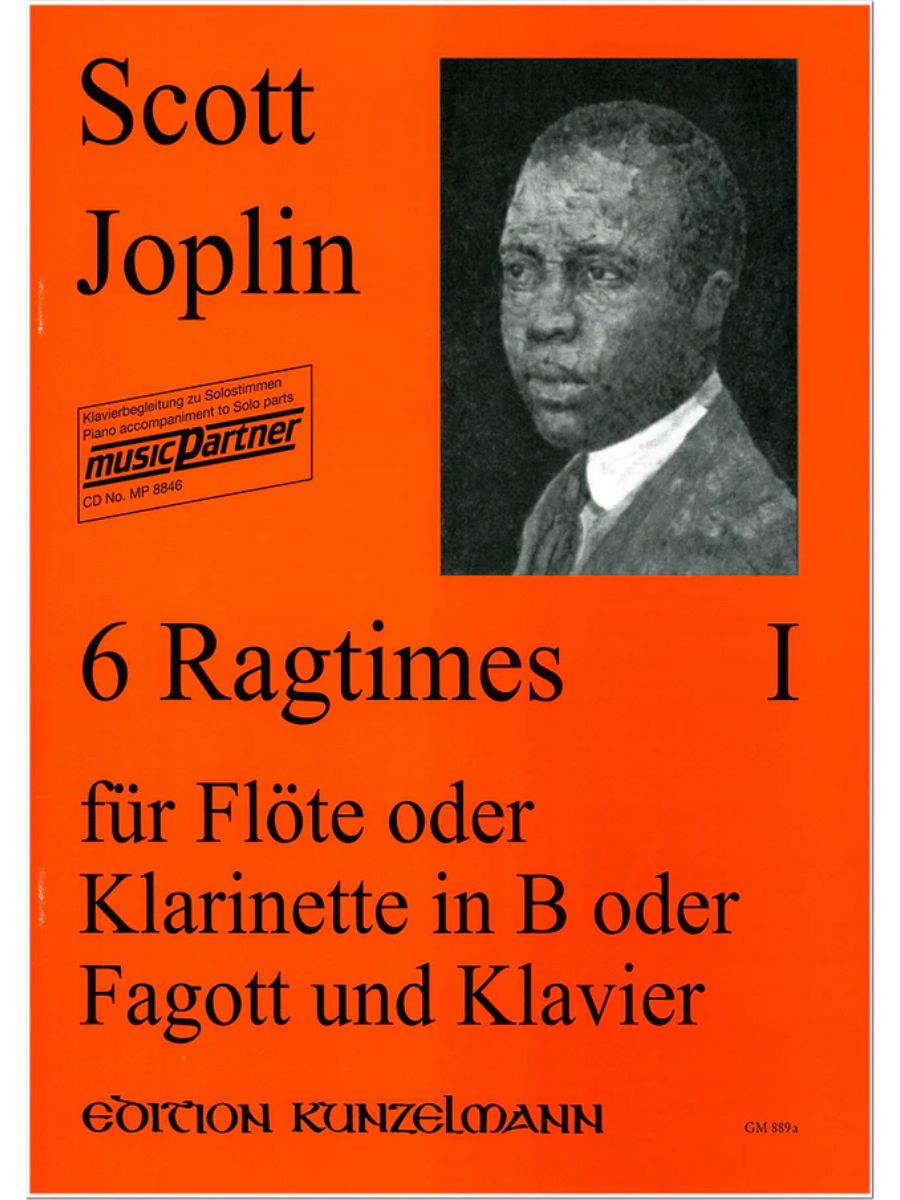
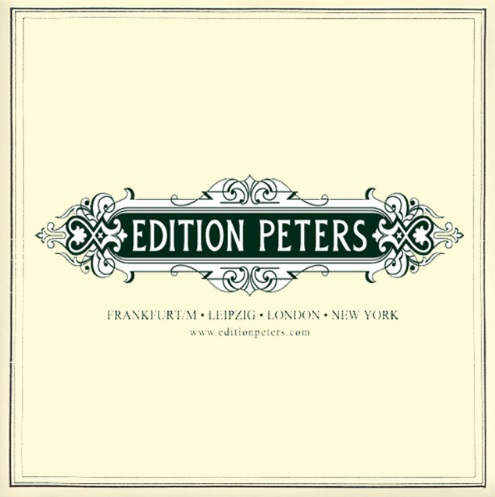

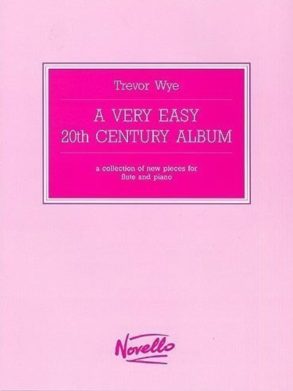
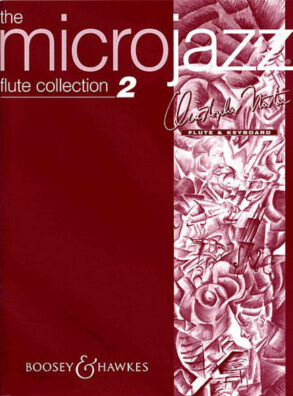
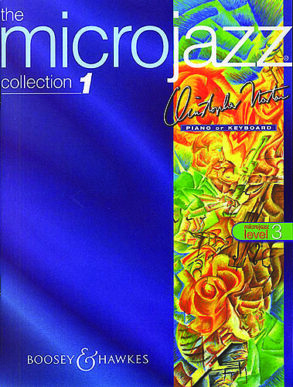
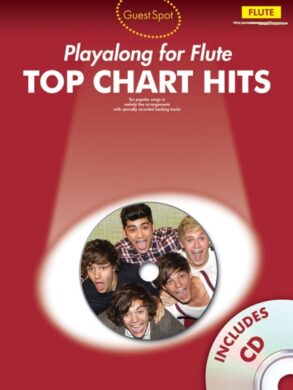
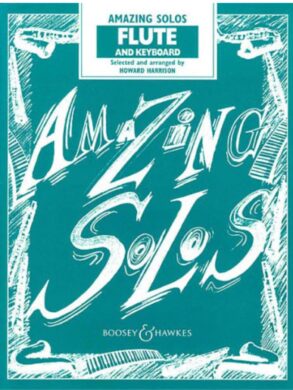
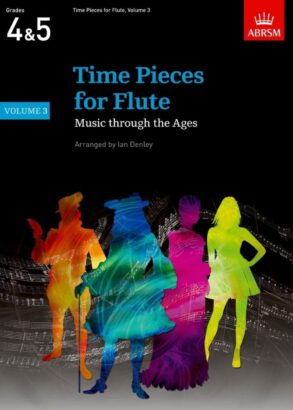
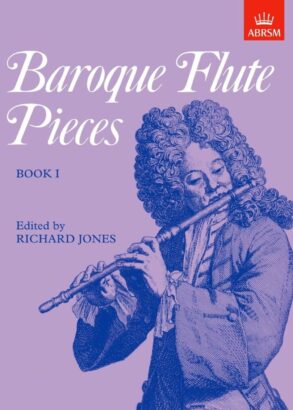
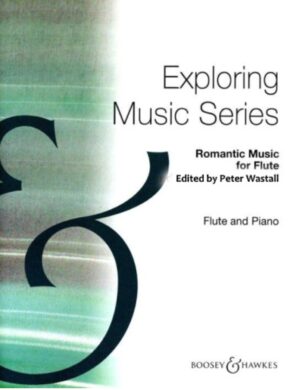
You must be logged in to post a review.